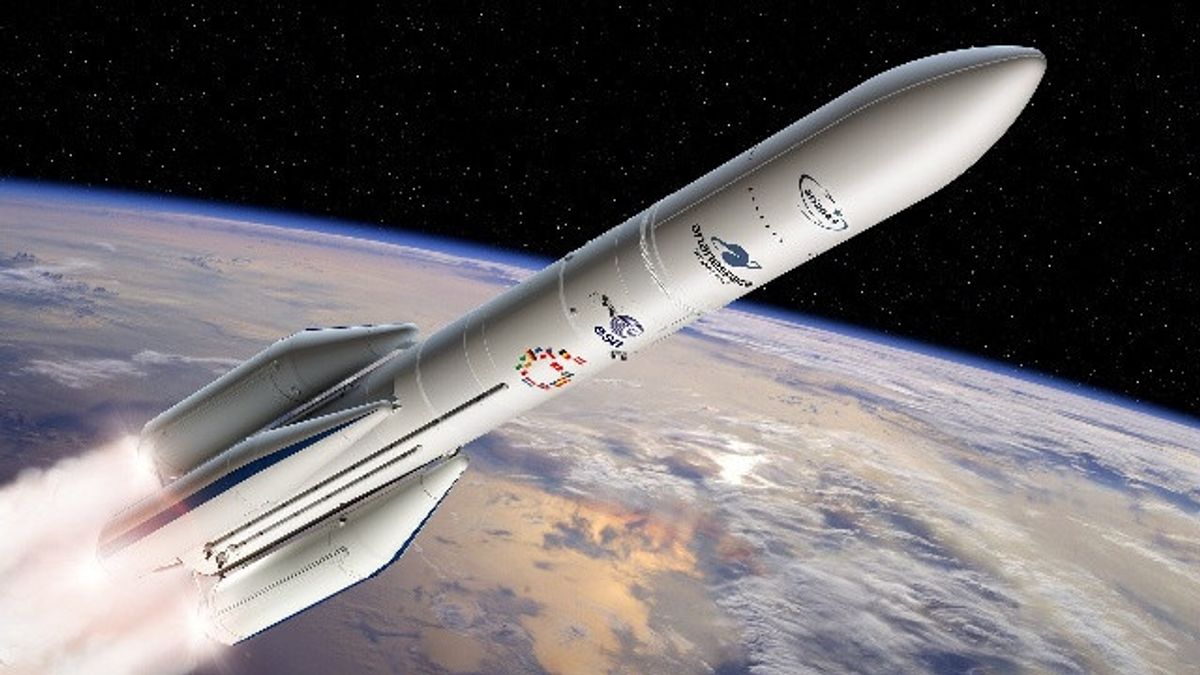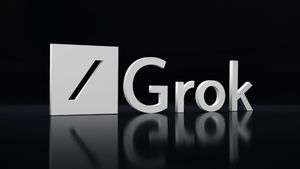JAKARTA - The European Space Agency (ESA) plans to launch its first test flight of Ariane 6 in October, if some engine testing will work.
A pair of static fire tests will be carried out at the core stage of the rocket and its Vulcain 2.1 engine on the launch pad in Kourou, French Guiana.
The first test on September 5, lasted for four seconds, followed by a 470-second test on October 3 to qualify for the core stage with a ready-to-fly status. If all these tests are successful, the ESA is expected to determine the range of its initial launch date.
Although the Director-General of ESA, Josef Aschbacher, is optimistic about the progress of the test, he admits that there is still uncertainty that must be overcome. However, ESA remains confident that the inaugural launch will take place in the first half of 2024.
"We will then be able to determine the launch period for Ariane 6, which we will announce to you after this series of tests are carried out," said Aschbacher.
"I think the chances, if everything goes perfectly, are good enough so there is no word too late next year, but there are still many things that are not yet known in front of us," he added.
SEE ALSO:
Previously, these trials did not run smoothly. The four-second static fire trial, which was originally scheduled for July, was canceled after technical problems and lack of liquid oxygen, caused the calculation to be delayed.
Then rescheduled again on August 29, which was postponed again after a technical problem occurred, this time affecting the control table that handles propellant loading and automatic countdown.
While the last static fire test at the top stage, it is planned this fall with the aim of testing the performance of the stages in degraded conditions and other mission profiles.
Ariane 6 has 28 launch schedules with the largest subscribers is Amazon, which ordered 18 launches for its Project Kuiper constellation, as reported by SpaceNews, Tuesday, September 5.
The English, Chinese, Japanese, Arabic, and French versions are automatically generated by the AI. So there may still be inaccuracies in translating, please always see Indonesian as our main language. (system supported by DigitalSiber.id)


















